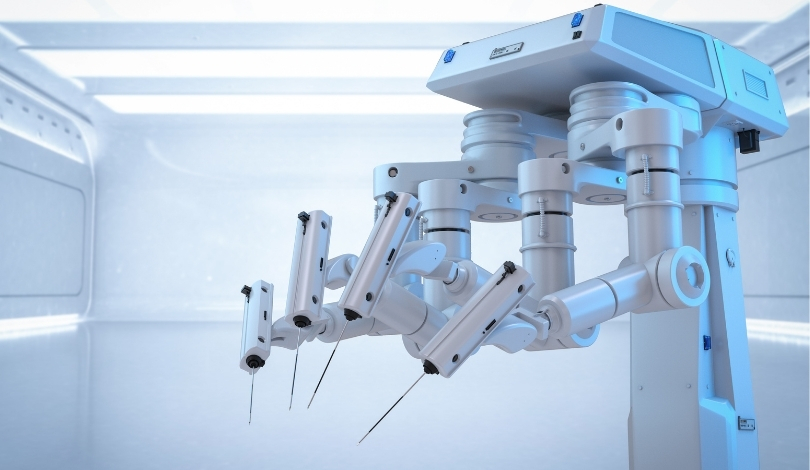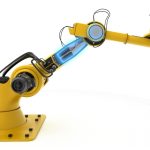Fusion Processing has completed the construction of its inaugural autonomous electric bus, the Alexander Dennis Enviro100AEV. This milestone marks a significant step in the company’s efforts to integrate advanced autonomous driving systems into public transportation. The autonomous bus, equipped with the CAVstar Level 4/5 system, is now ready for its next phase of testing and development. The project showcases Fusion Processing’s dedication to enhancing urban mobility through innovative technology.
Fusion Processing has a history of pioneering autonomous vehicle technologies. The introduction of the Enviro100AEV builds on their previous successes with the CAVstar system, which has been implemented across various autonomous platforms. This latest development reinforces the company’s position in the autonomous vehicle industry and signals continued advancements in their technological capabilities.
How Will the CAVstar System Enhance the Bus’s Performance?
The CAVstar system integrates an AI processing unit with radar, LIDAR, optical cameras, and ultrasonic sensors, enabling comprehensive environmental analysis. This combination allows the autonomous bus to navigate complex urban settings with high precision and reliability. Fusion Processing has applied this system across diverse vehicle types, showcasing its versatility and robustness.
What Is the Role of the Connector Project in This Development?
The Connector project, supported by Innovate UK and led by the Greater Cambridge Partnership, facilitates the integration of autonomous vehicles into Cambridge’s transportation framework. By collaborating with partners like Alexander Dennis and IPG Automotive, the project ensures that the autonomous bus meets the city’s specific mobility needs. The initiative receives backing from the UK Government’s Center for Connected & Autonomous Vehicles.
When Will the Autonomous Bus Begin Public Operations?
Following the completion of track testing and safety driver training in Cambridge, the autonomous electric bus is scheduled to commence public services later in 2025. The deployment will take place at the Cambridge Biomedical Campus, serving as a hub for both biomedical research and public transportation. This rollout aims to demonstrate the practical benefits of autonomous buses in real-world conditions.
“This builds on the substantial work we have done with Fusion Processing and other partners in similar projects to further refine this technology as we continue to explore use cases where autonomous buses can improve operational efficiency and add flexibility to transport networks,” Jamie Wilson, head of concepts & advanced engineering for Alexander Dennis, said.
“The Connector project positions Cambridge at the forefront of innovation by trialing autonomous vehicles on our roads,” said Cllr Elisa Meschini, chair of the Greater Cambridge Partnership’s executive board. “This initiative not only paves the way for more sustainable and efficient travel but also highlights the power of collaboration in shaping the future of public transport. The unveiling of the first vehicle is a testament to the dedication and expertise of everyone involved.”
Fusion Processing’s advancements in autonomous driving technologies position Cambridge as a leader in sustainable and efficient public transportation. The collaboration between various industry partners and the support from government entities highlight the strategic importance of developing autonomous transit solutions. As the project progresses, it promises to provide valuable insights into the scalability and impact of autonomous buses on urban mobility.










